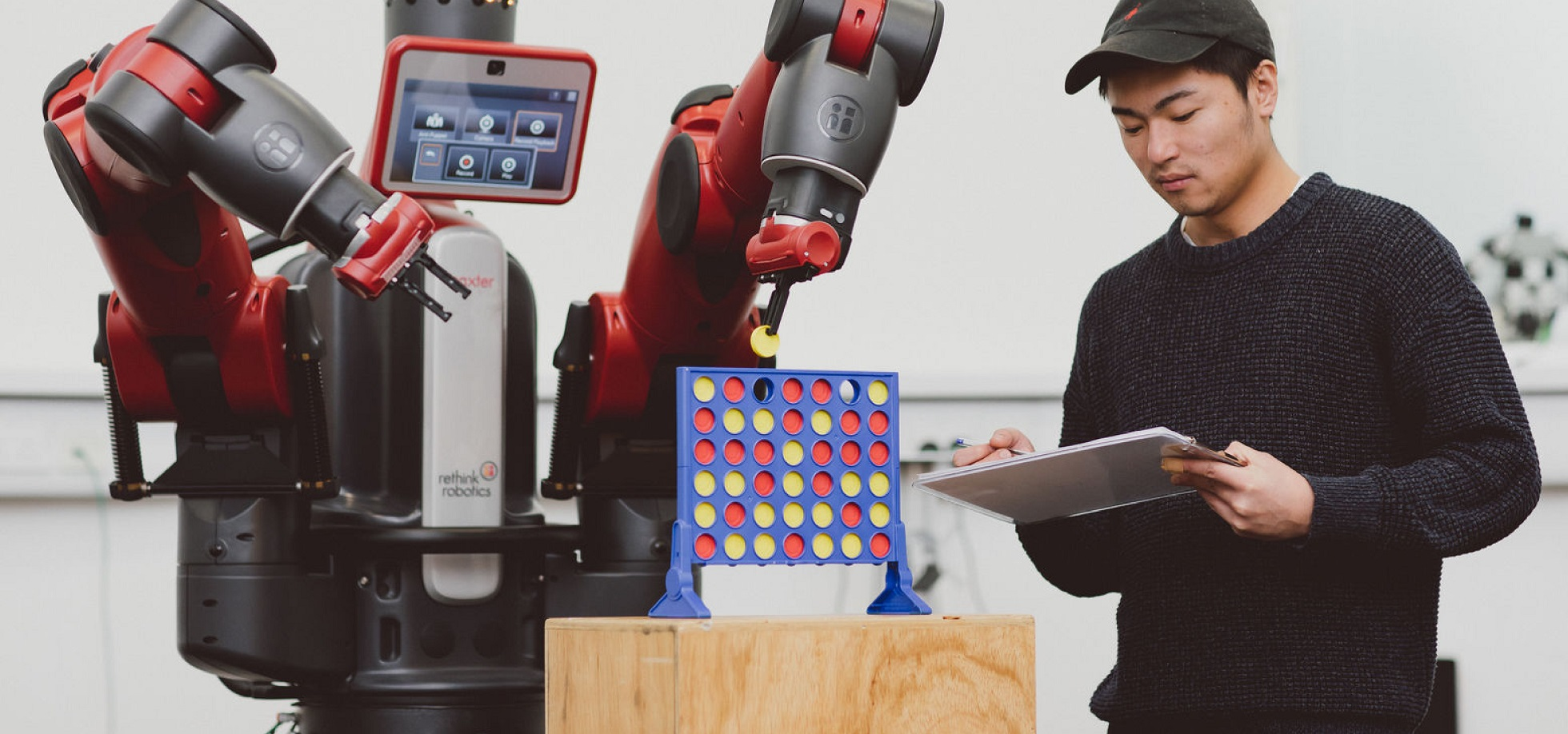
Module Description
The module develops key mathematical skills that can be applied throughout Engineering. Subjects include integral transform and probability theory, developed in the context of concrete engineering problems in signal processing, circuit theory, reliability, and communication networks. The module will be exemplified using MATLAB.
Learning Outcomes
After completing this module, students will be expected to be able to:
1. Describe the concept of the spectrum of a signal
2. Find Fourier and Laplace transforms of simple time functions.
3. Find inverse Laplace transforms using partial fractions.
4. Calculate probabilities and conditional probabilities in simple examples.
5. Evaluate statistics such as mean and variance for a distribution.
6. Use a variety of distributions (uniform, binomial, Poisson, geometric, exponential, Gaussian) to model random phenomena.
Outline Syllabus
Integral transforms:
- The complex exponential form for Fourier series.
- Fourier and Laplace transforms, and their application to simple waveforms.
- Application to first and second order circuits and systems.
- Poles and zeros.
- Inverse transforms.
- Integral methods and partial fractions.
- Effects of feedback.
- Visualisation with Matlab.
Probability:
- Outcomes, sample spaces and events.
- Relative frequencies and probabilities.
- Conditional probabilites and independence.
- Random variables, mean and variance.
- Discrete distributions: uniform, binomial Poisson and geometric.
- Continuous distributions: exponential and Gaussian.
- The concept of a stochastic process.
- Reliability.
- Simulation with Matlab.
- Module Supervisor: Sangeet Saha